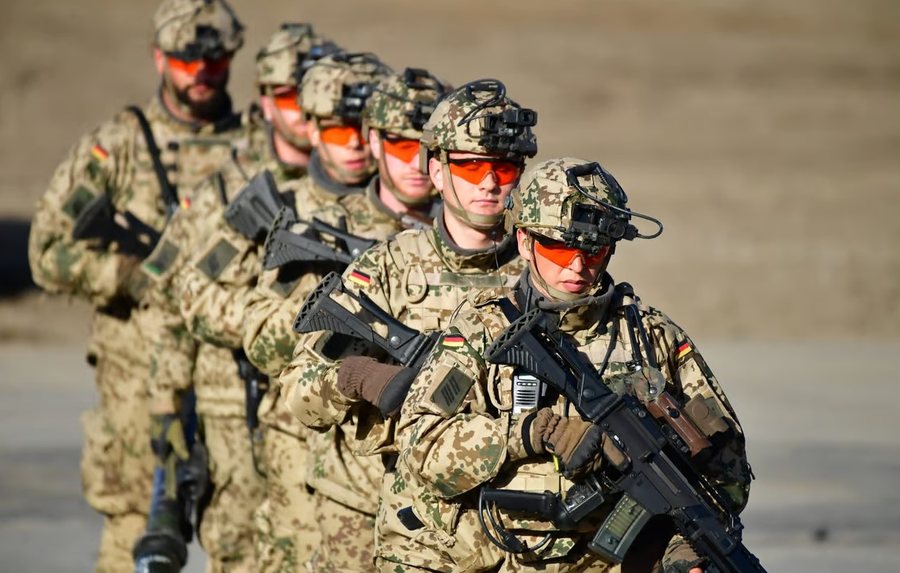
Senior European political leaders and NATO chief Mark Rutte met in Brussels, where they discussed common defense priorities and agreed on the need to increase defense spending.
Top European leaders agreed in Brussels to increase defense spending. A common weapons system would significantly reduce costs. Many European leaders have reiterated the need to increase defense spending, but the EU hopes that this increase will not be as high as US President Donald Trump claims: 5% of national gross domestic product.
European countries believe that costs will be significantly reduced if they produce themselves.
EU Foreign Policy Chief Kaja Kallas previously stated (03.02.2025): "We need to strengthen our own defense industry and create common weapons systems. Then our defense industry will use the same military systems and the armies of member states will interact."
Many EU member states approach the issue from a national perspective and spend their taxpayers' money on creating their own weapons systems.
But according to experts, in the context of the common Russian threat, this approach is costly and ineffective. Rafael Loss from the European Council on Foreign Relations (ECFR) says, "one of our shortcomings is that in the EU we use different tank systems and therefore the unit cost of each purchase is higher than it would be with a lower number of systems."
Experts: An EU-UK pact is needed
Experts say countries need to cooperate and rely on each other’s capabilities. And that’s where the UK’s defense comes in. The UK is no longer a member of the European Union, but it is one of only two nuclear-armed states in Western Europe. It has trained tens of thousands of Ukrainians for the battlefield and supplied their country with long-range missiles that have been essential in the fight against Russia. The UK also leads the 10-nation Joint Military Expeditionary Force, which has been deployed to the Baltic Sea to deter Russian hybrid attacks. Experts say a pact with the UK would be helpful.
London has recently signed bilateral defense agreements with Berlin and Paris and has now turned its attention to the defense pact with the EU.
But the pact is currently blocked by France due to disputes with the UK over fishing rights. British experts say the UK cannot help much without access to EU finances.
Anand Sundar, Advisor to the Director of ECFR says, that "with the UK being outside the EU at the moment, it means that when the EU funds increased defence spending or increased defence initiatives, the UK is left out. And that is not good for anyone, because if the UK does not have access to EU money, Brussels will not have access to the British defence industry".
EU officials say coordination between European defense industries would be mutually beneficial and create job opportunities for all parties. The biggest challenge for European partners would be to reach a broad consensus. /DW/
(A2 Televizion)











